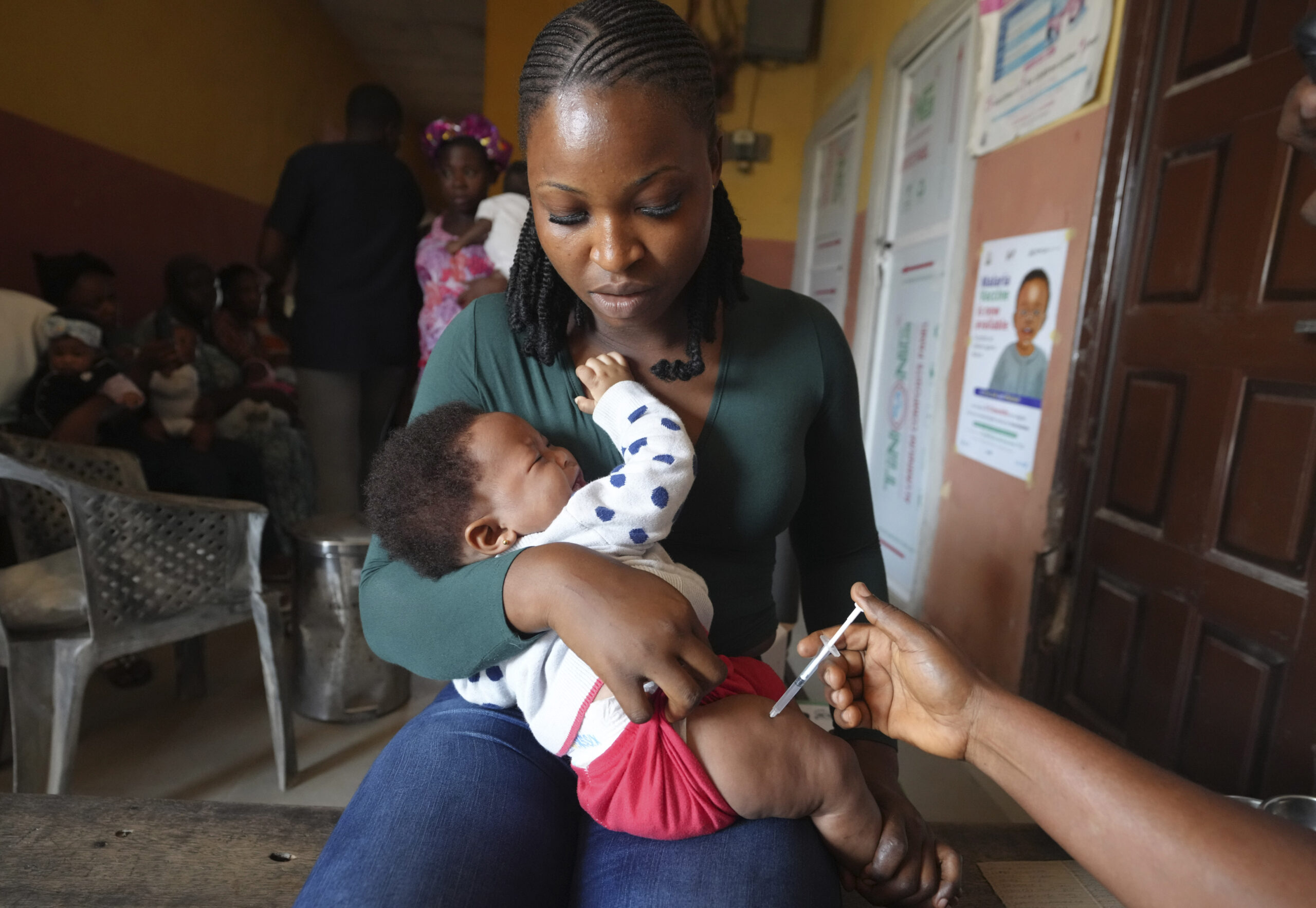Health
Global Health Cooperation Declines Despite Pandemic Experience

Global health cooperation is facing significant setbacks as nations show reluctance to support each other in the wake of the Covid-19 pandemic. Despite the global experience with the virus, countries are not stepping up to assist poorer nations, undermining efforts to improve health outcomes worldwide.
A recent report by the World Health Organization (WHO) highlights a troubling trend in international health initiatives. While the pandemic underscored the need for global solidarity, many nations are tightening their belts on foreign aid. This shift is particularly concerning for developing countries that rely heavily on external support to bolster their healthcare systems.
Health experts noted that the initial urgency to collaborate during the pandemic has waned. The United Nations and various health organizations warned that this retreat could have dire consequences. Without adequate support, poorer nations may struggle to recover from the pandemic’s effects, risking further deterioration of health services.
Financial contributions from wealthier nations have not only stalled but in some cases have diminished. The OECD reported that official development assistance fell by 4.6% in 2021 compared to the previous year. This reduction comes at a time when developing countries urgently need resources for vaccination campaigns and essential health services.
The challenges extend beyond financial aid. Vaccine distribution has become a contentious issue, with many low-income countries still facing significant barriers to access. As of September 2023, only 25% of the population in low-income nations had received at least one dose of a Covid-19 vaccine, compared to over 80% in high-income countries. This disparity highlights the ongoing inequality in global health responses.
Efforts to address these challenges continue, but the momentum appears to be stalling. The Global Health Summit, held earlier this year, aimed to galvanize international support but fell short of its fundraising targets. Organizers had hoped to raise $15 billion for global health initiatives but only secured $8 billion, further illustrating the reluctance to commit funds.
As nations grapple with their own domestic issues, the prospects for a coordinated global health response remain bleak. Many leaders are prioritizing national agendas over international cooperation, leading to a fragmented approach to health challenges. The implications of this trend are profound, as diseases do not respect borders and can affect global stability.
Looking ahead, health advocates are calling for renewed commitment from all countries to engage in cooperative efforts. The need for a robust global health framework that emphasizes shared responsibility is more critical than ever. Addressing these issues will require not only financial investment but also a cultural shift towards viewing global health as a collective priority.
In conclusion, as 2023 progresses, the landscape of global health collaboration remains uncertain. Without a commitment to assisting poorer nations, the world risks reversing the gains made in health equity and access. The time for decisive action is now, as the consequences of inaction could resonate for generations to come.
-

 Technology5 months ago
Technology5 months agoDiscover the Top 10 Calorie Counting Apps of 2025
-

 Health2 months ago
Health2 months agoBella Hadid Shares Health Update After Treatment for Lyme Disease
-

 Health3 months ago
Health3 months agoErin Bates Shares Recovery Update Following Sepsis Complications
-

 Technology4 months ago
Technology4 months agoDiscover How to Reverse Image Search Using ChatGPT Effortlessly
-

 Technology1 month ago
Technology1 month agoDiscover 2025’s Top GPUs for Exceptional 4K Gaming Performance
-

 Technology2 months ago
Technology2 months agoElectric Moto Influencer Surronster Arrested in Tijuana
-

 Technology5 months ago
Technology5 months agoMeta Initiates $60B AI Data Center Expansion, Starting in Ohio
-

 Technology5 months ago
Technology5 months agoRecovering a Suspended TikTok Account: A Step-by-Step Guide
-

 Health4 months ago
Health4 months agoTested: Rab Firewall Mountain Jacket Survives Harsh Conditions
-

 Lifestyle5 months ago
Lifestyle5 months agoBelton Family Reunites After Daughter Survives Hill Country Floods
-

 Technology4 months ago
Technology4 months agoHarmonic Launches AI Chatbot App to Transform Mathematical Reasoning
-

 Technology3 months ago
Technology3 months agoUncovering the Top Five Most Challenging Motorcycles to Ride





















